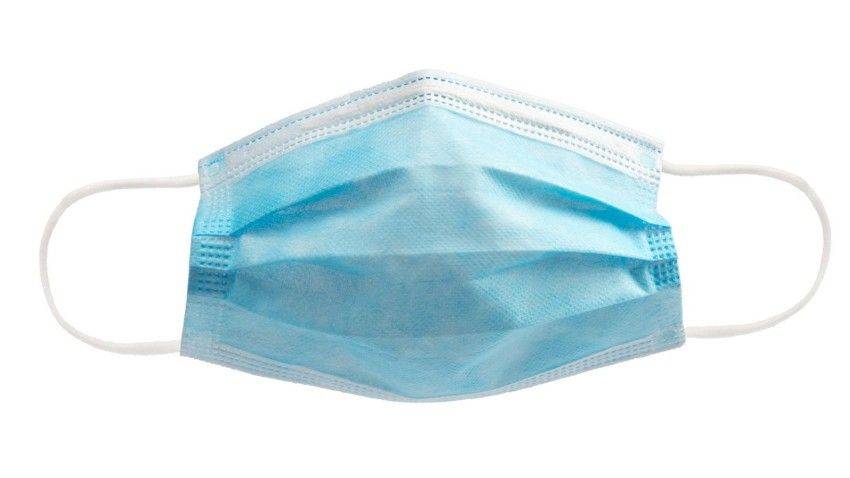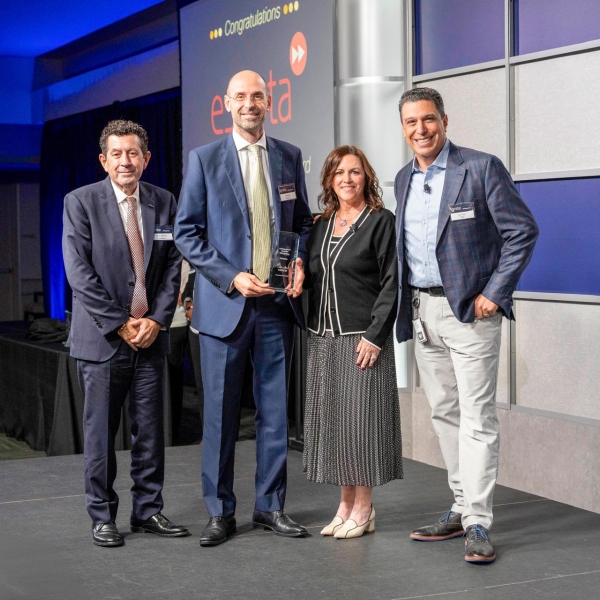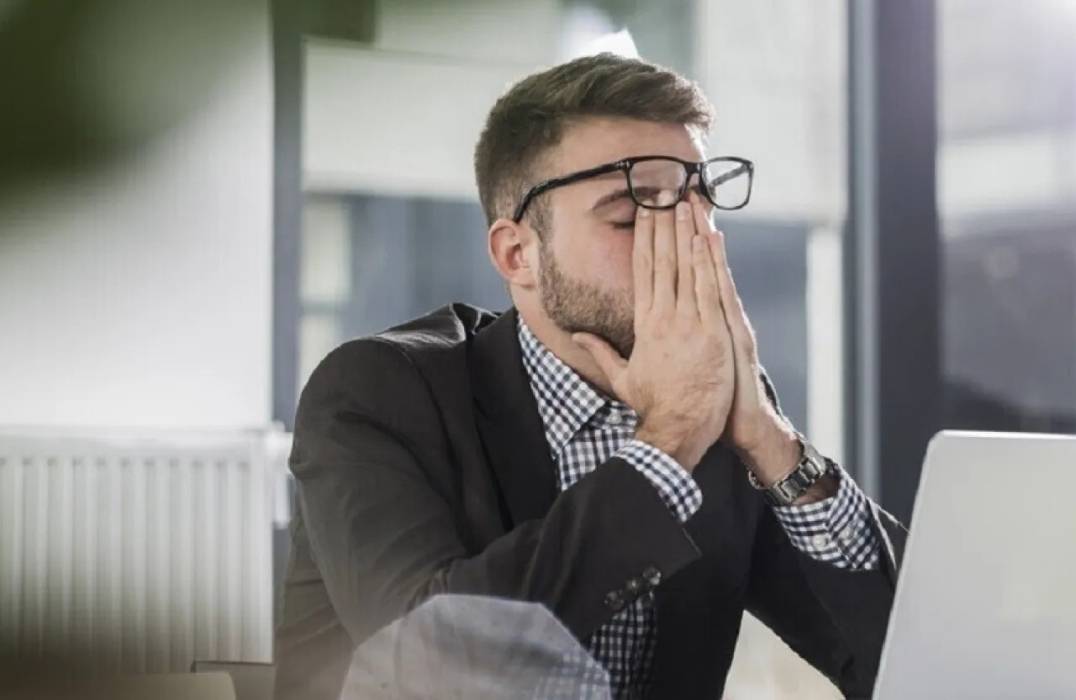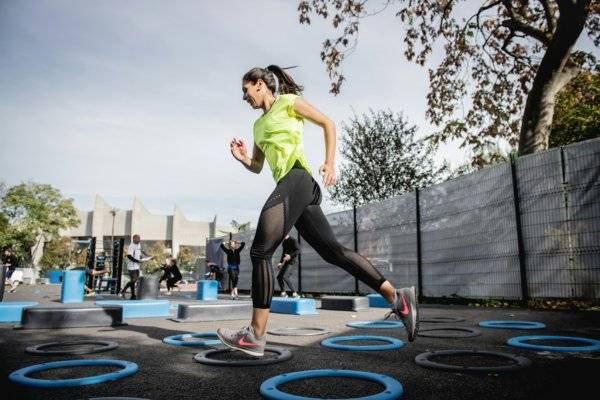other
Wearing masks a proven strategy to prevent COVID-19.

Amidst a global shortage of good quality surgical masks, the World Health Organization (WHO) took steps to ensure supplies were evenly distributed to clinicians, said Dr. David Nabarro, Co-Director, Institute of Global Health at the Imperial College of London and WHO Special Envoy on COVID-19, while speaking at the World Innovation Summit for Health 2020.
"The debate at the time was quite straight forward, there was a shortage of good quality surgical masks. And the one thing that WHO was determined to do is not have a situation where all the masks would be bought up by rich countries or by people who’ve got resources and there would be insufficient supply for health workers in poor countries.”, said Dr. Nabarro.
Joining Dr Nabarro to discuss responses to the COVID-19 pandemic were Dr. Anders Tegnell, State Epidemiologist of Sweden; Prof. Dame Sally Davies, UK Special Envoy on Antimicrobial Resistance and England’s former CMO; Dr. Janil Puthucheary, Senior Minister of State Singapore’s Ministry of Health and Ministry of Communications and Information, and Dr. Ekaterine Tikaradze, Georgia’s Minister of Health. It was moderated by BBC broadcaster Mishal Husain.
"In some places, the virus is also surging back into countries and communities from which it had been effectively removed,” Dr Nabarro added.
In sharing the strategies implemented by their respective countries, Dr. Tegnell, Dr. Puthucheary and Dr. Tikaradze highlighted how awareness campaigns and transparency have been key to the public’s participation in their national response, an instrumental element to the success of their country’s national response to curb the spread of COVID-19. A calibrated approach towards border control, aggressive contact tracing and access to medical care, were also underscored as essential to mitigating the pandemic’s impact.
The panel also discussed the issue of antimicrobial resistance, which is causing antibiotics and anti-microbial medicines to become ineffective in treating infections. Prof. Davies said: "We know that during COVID, people are using more antibiotics and the antimicrobial resistant bacteria look as if they're going up. We need to attend to that silent, growing pandemic as well. And the response to both is strengthening health systems.”
There is also the concern of increased risk of mortality due to other diseases such as obesity and diabetes. "One of the saddest things we’re seeing is that people are not getting routine healthcare at the moment in part because our health services are rightly focused on COVID. Also, patients are very scared that they might catch COVID as they go into the health facilities. We're going to need to sort that out,” Prof. Davies said.
In preparing for and confronting the second wave of COVID-19, the panel stressed the need to reinforce safety measures, particularly the wearing of masks, even outdoors. "Everybody everywhere should be wearing masks if there is a risk of COVID, there should be no question about it at all,” said Dr. Nabarro.
Dr. Nabarro said: "It’s one foe and the whole world has to be able to deal with it. Otherwise, the long-term consequences will be terrible. If there is anything that should come out in events like this, it must be greater solidarity between nations, and I hope that that’s going to happen.”
He cited the participation of 186 out of 193 countries in COVAX facility, a global risk-sharing mechanism for pooled procurement and equitable distribution of eventual COVID-19 vaccines. "5.1 billion has been given, including 10 million from Qatar to try to make sure that countries will be able to have access to vaccines through sharing resources,” he said. "It's that collaboration between countries, between scientists and between communities that will pull us through this, not only to be strong with COVID but also to be strong on some of the other global threats we face.”
© All rights are reserved to Alanbatnews
















